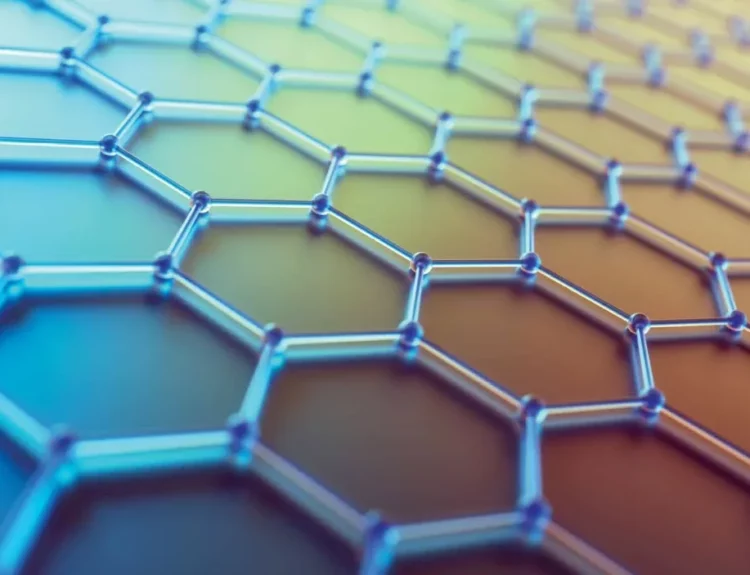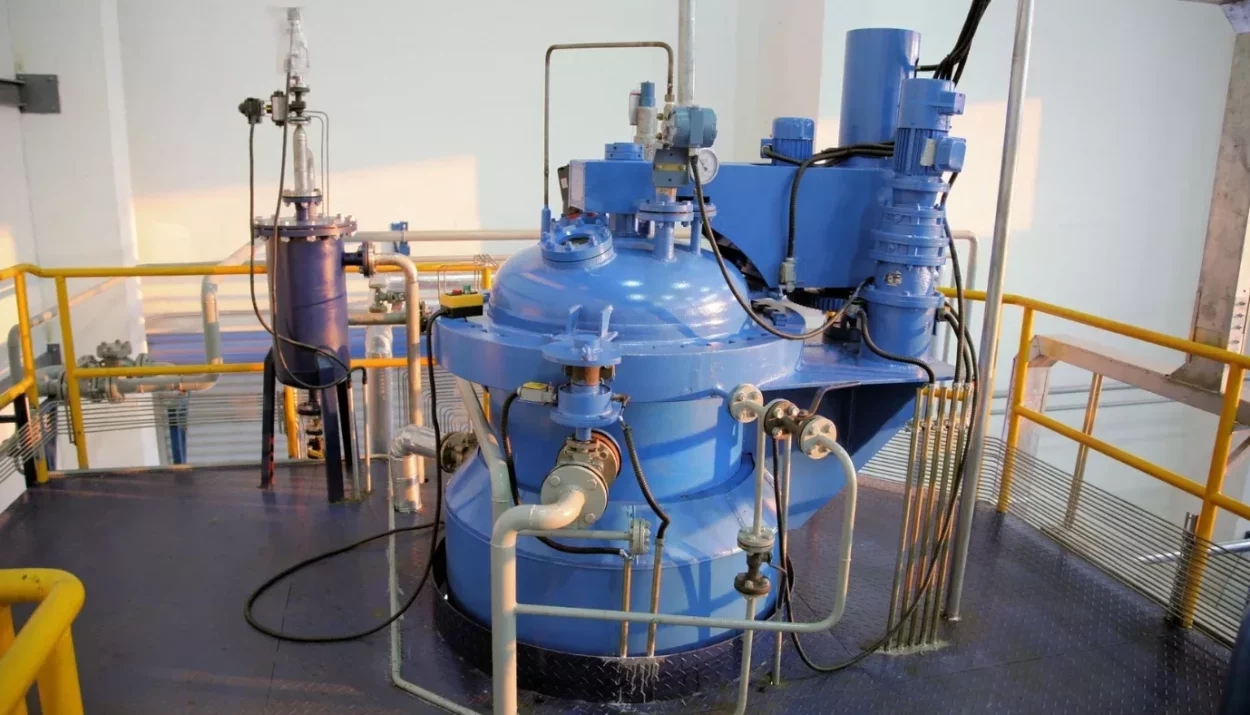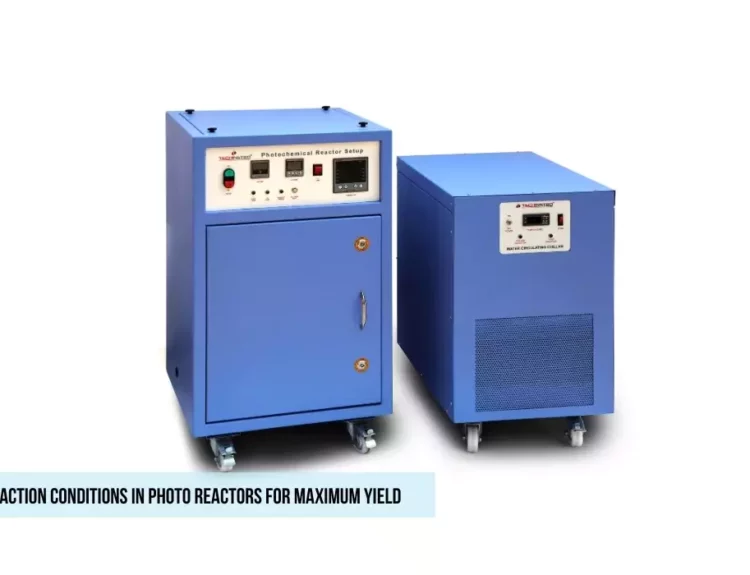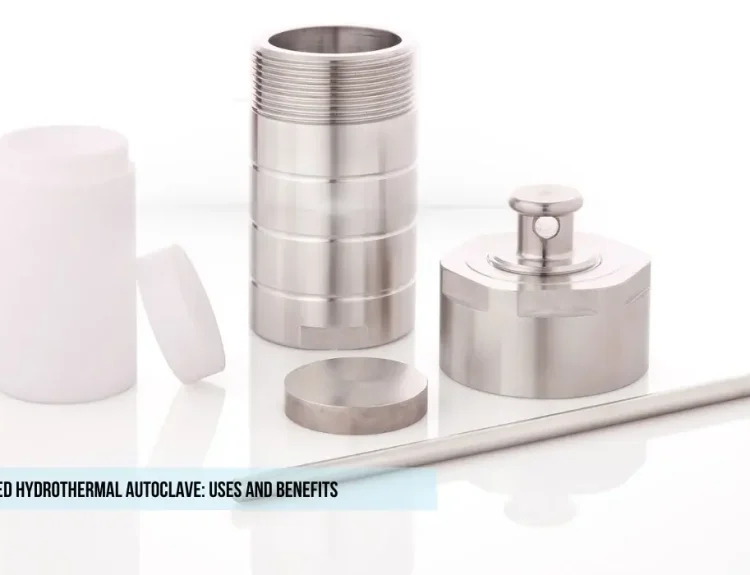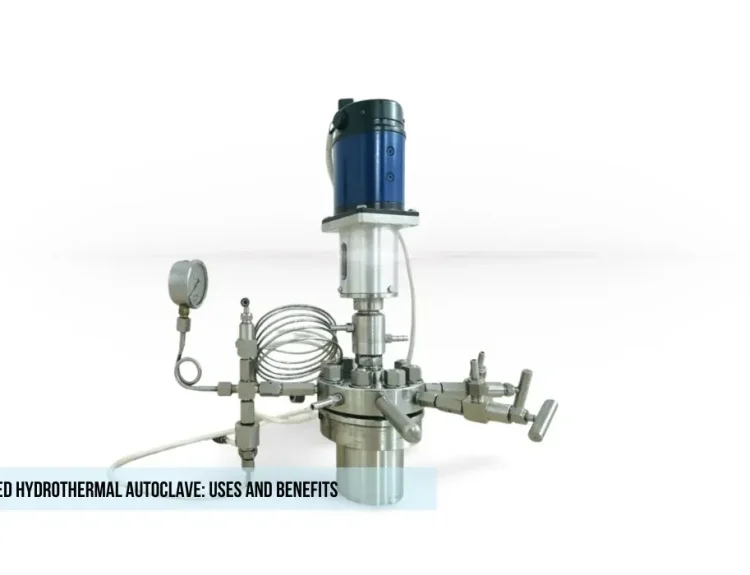High pressure autoclave reactors are critical tools in modern chemistry, enabling scientists to conduct complex reactions under controlled conditions. These reactors are designed to handle high pressure and temperature, making them essential for various innovative applications. High pressure autoclave reactors have become indispensable in research and industry, from synthesizing new materials to advancing green chemistry.
What Are High Pressure Autoclave Reactors?
A high pressure autoclave reactor is a sealed vessel that conducts chemical reactions under elevated pressures and temperatures. These reactors allow precise control of reaction conditions, crucial for achieving desired outcomes in challenging or sensitive reactions.
Key Features of High Pressure Autoclave Reactors
- Pressure and Temperature Control: These reactors can withstand pressures up to hundreds of bars and temperatures over 500°C.
- Material Compatibility: Constructed from durable materials like stainless steel or Hastelloy, they resist corrosion and handle aggressive chemicals.
- Customizability: Reactors can be tailored with stirring mechanisms, pressure gauges, and heating systems to suit specific applications.
Buy High Pressure Autoclave Reactor
Innovative Applications in Modern Chemistry
- Synthesis of Advanced Materials High pressure autoclave reactors is widely used to synthesize materials like nanoparticles, carbon nanotubes, and advanced polymers. For example, scientists use these reactors to grow high-quality crystals for electronics and optical devices.
- Hydrothermal Reactions Autoclave reactors are essential for hydrothermal synthesis, where reactions occur in water at high pressures and temperatures. This method creates zeolites, metal-organic frameworks (MOFs), and other valuable materials.
- Green Chemistry Innovations In green chemistry, these reactors play a role in reducing environmental impact. High pressure conditions enable efficient catalytic reactions, such as converting biomass into biofuels or chemicals, which minimizes waste and energy consumption.
- Pharmaceutical Research High pressure reactors are crucial in the development of new drugs. They help create complex organic molecules and test reactions that require precise control over pressure and temperature.
- Hydrogenation Processes Autoclave reactors are commonly used for hydrogenation reactions, adding hydrogen to organic compounds. These reactions are vital in producing margarine, pharmaceuticals, and fine chemicals.
- Carbon Capture and Utilization Innovative research on capturing and converting carbon dioxide into useful products relies heavily on high pressure reactors. These systems allow CO2 to react with other chemicals, producing fuels or valuable materials.
- Exploration of Reaction Mechanisms Researchers use high pressure reactors to study reaction mechanisms under extreme conditions. This helps in understanding chemical processes at a fundamental level, leading to improved reaction efficiency.
Advantages of Using High Pressure Autoclave Reactors
- Enhanced Reaction Rates: High pressure and temperature accelerate reactions, reducing time and energy costs.
- Improved Yield and Selectivity: Precise control over conditions improves product quality.
- Versatility: Suitable for various responses, from organic synthesis to material science.
Challenges and Future Directions
While these reactors offer significant benefits, they also present challenges, such as high costs and the need for skilled operation. Future innovations include integrating AI for real-time monitoring and optimization and developing reactors with lower energy requirements.
Conclusion
High pressure autoclave reactors have opened new frontiers in modern chemistry. Their ability to facilitate innovative reactions and processes makes them invaluable for scientific discovery and industrial applications. As technology advances, these reactors will help in addressing global challenges and driving progress in chemistry.
